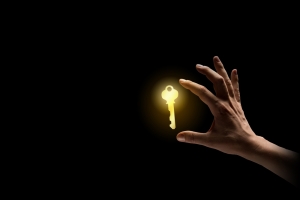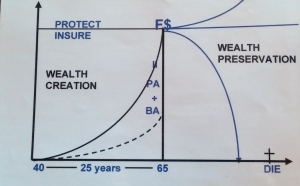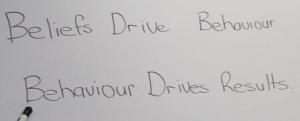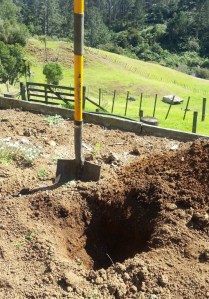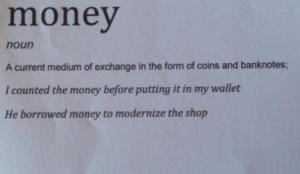“l’ll be happy when I get the pay rise” or “I’ll be happy when I get a ………” Just insert whatever the word is for you. Why do so many of us wait to be happy. What is wrong with being happy right now?
 Do you know this song?
Do you know this song?
“If you’re happy and you know, it clap your hands.
If you’re happy and you know, it clap your hands
If you’re happy and you know it and you really want to show it,
If you’re happy and you know it can your hands.”
I think it is about time we started clapping our hands, instead of looking outside of ourselves and waiting until we have more stuff to make us happy.
We need to stop, take a deep breath, look around and see where we are right now and take pride in our accomplishments to date.
I am not saying there is anything wrong in wanting more things, a nicer house, flash car, but our happiness shouldn’t be delayed until you have them.
So, go for a walk in the park, watch the sunrise. Tell your partner or children that you love them, start looking inside yourself rather than externally for your happiness.
If you don’t feel happy right now, then every day when you wake up think of one thing you are grateful for, as the list grows, so will your happiness.
If you want to be a little crazy then sing the song and just start clapping.
We love feedback, so please feel free to leave us a comment or contact us.
Lynda Moore http://www.mymoneyseeker.com
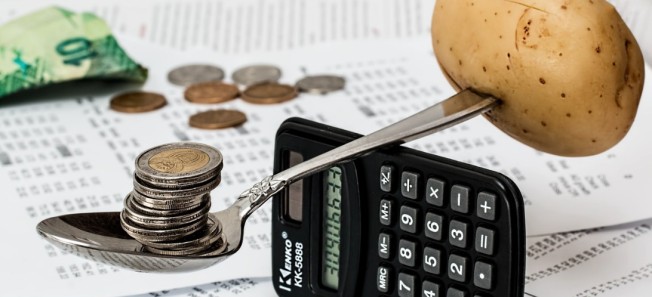 Happy New Year! We hope that you have had a fantastic time over the Christmas/New Year period and enjoyed a least a few days off.
Happy New Year! We hope that you have had a fantastic time over the Christmas/New Year period and enjoyed a least a few days off.
